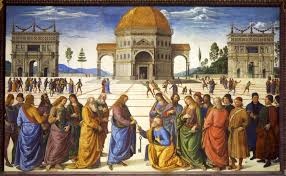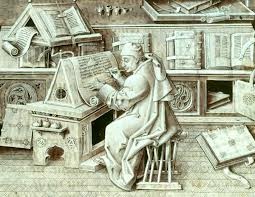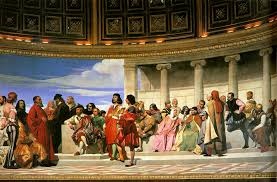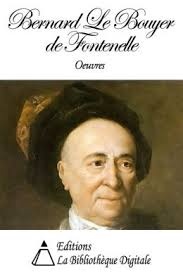Historians conventionally hold that the era of European intellectual uplift during the course of the Renaissance and some period afterwards actually connects the Middle Ages with the Modern period. In the Western world, the Age of Reason is usually considered as the inception of modern philosophical trends - a period that marks farewell of the medieval outlook from the human life particularly in Academia. Renaissance ushered into the Age of Rationalism to which followed the Age of Enlightenment, nevertheless some believe that this is the preliminary phase of the Enlightenment in philosophy as the whole era spans over two consecutive centuries. The next century witnesses the onset of secularization in Europe; the phenomenon precipitates more vividly during the course of the French Revolution.

The Age of Enlightenment spanning over the 18th century is an era in the Western philosophy and culture that favored reason as the chief source and qualification for authority. Enlightenment received impetus more or less at the same period of time in different zones of Americas and Europe. Renaissance Humanism as an intellectual movement after maturation during the course of Enlightenment disseminated over the lengths and breadths of Europe. It was expected of a typical humanist to be worthy of speaking and writing in a letter format in vogue at that time. Consequently, The term umanista was coined in the latter half of the 15th century.

Renaissance humanism was profoundly rooted in the the Latin and Greek classical literature and as such this study was wary of the values professed by scholasticism with their stress on the "accumulated commentaries", Moreover, the humanists were active in the scientific, philosophic, artistic and poetical spheres shaped in classical antiquity. The exponents of classical antiquity deliberately pronounced classical Latin and discouraged the usage of medieval Latin. Similarly, as medieval Latin declined predictably, they introduced the principle of ad fontes (referring back to the origins) over the wider spectrum of study for they believed from their mind-set of Renaissance that their educational and cultural uplift was rooted in the study of classical antiquity's beliefs and morals.

The clash of the Old and the New was an intellectual conflict that got fueled up during the early 1690s and jolted the Académie française. The two rivals were, Anciens (the Old school of thought) who limit option of subjects to the content derived from Antiquity's literature and Modernes (the New school of thought) who advocated the works of the writers of the time of Louis XIV. Bernard Le Bouyer de Fontenelle immediately reacted with his Digression sur les anciens et les modernes (1688) through which he advocated the right of Modernes, propounding the idea that modern intellectuals considered the modern man to excel the Old school of thought in intellect, literature and hence wisdom.

(n.b: To see my other blogs you may click on the following link of mine. Read, like, share, buzz and comment as you please. Kindly also don’t forget to subscribe me, thank you!)
http://www.filmannex.com/blog-posts/azan-ahmed
N.b.
www.FilmAnnex.com is a pay-for-content site, so don't forget to register here if you want to earn revenues by writing!
By
Azan Ahmed
Blogger: FilmAnnex



